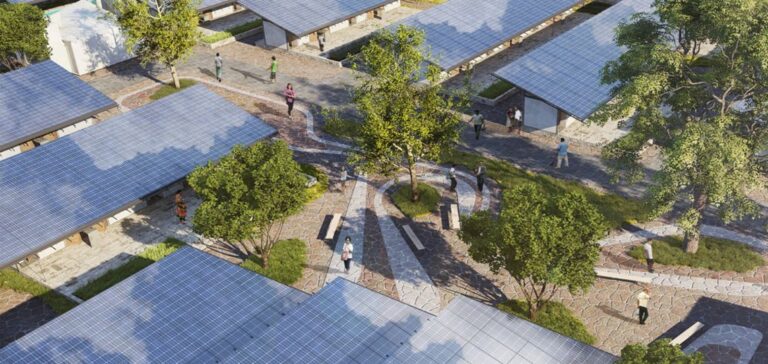Pivot Energy and Microsoft have signed a five-year framework agreement to develop up to 500 megawatts (MWac) of community solar projects across the United States, with deployment planned between 2025 and 2029.
This partnership is part of a joint strategy to maximize the social and environmental benefits of local energy transition.
As part of the agreement, Microsoft will purchase Renewable Energy Credits (RECs) from the projects for a period of 20 years.
This commitment marks a turning point for both companies, and in particular for Microsoft, which is taking its first steps into large-scale distributed energy generation.
Pivot Energy, for its part, sees this as its biggest REC contract to date.
Large-scale expansion
The agreement calls for the implementation of 150 solar projects in around 100 communities across 20 U.S. states, including Colorado, Maryland, Illinois, Delaware, Pennsylvania and Ohio.
These projects are expected to start generating electricity by the end of 2024, actively participating in the country’s energy transition. The projects will include measures to increase the diversity of subcontractors, as well as initiatives to train and hire local talent from diverse backgrounds.
In addition, part of the savings on energy bills will be directed to low-income subscribers, reinforcing the social impact of these solar installations.
Directors’ declaration
Tom Hunt, CEO of Pivot Energy, said the partnership highlights the potential of distributed energy not only to provide low-cost power, but also to stimulate economic growth in local communities.
Adrian Anderson, General Manager of Renewable Energy at Microsoft, emphasized the importance of this collaboration in promoting inclusive economic growth, particularly in historically underserved communities.
Ecological and social implications
Over a 20-year period, the 500 MWac will generate more than a billion kilowatt-hours of electricity a year, enough to power around 90,000 homes every year.
This energy contribution is equivalent to taking around 165,000 gasoline-powered vehicles off the road, significantly reducing CO2 emissions.
In addition, Microsoft and Pivot Energy’s commitment to social and environmental initiatives, combined with the national scope of this project, demonstrates an integrated approach to meeting today’s sustainability challenges while supporting local communities.






















